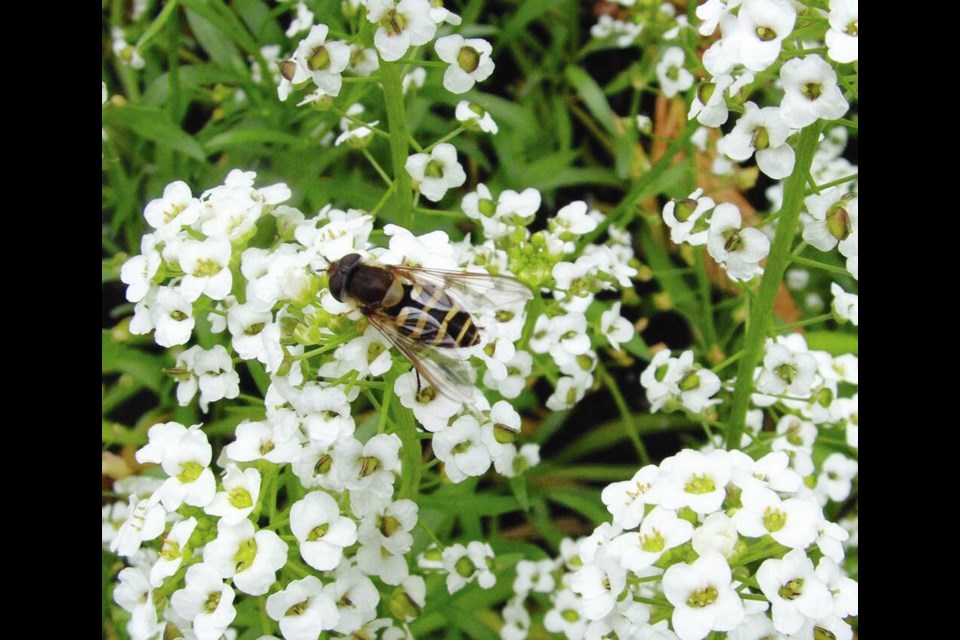Dear Helen: I’ve been wondering when the time is right for seeding my peas and carrots into the open garden. Opinions I’ve consulted vary widely.
L.D.
Almost every home gardener I meet has been asking me a similar question. I think the bizarre weather patterns of recent years have thrown us all off our usual seeding routines. Gardeners never know what is going to happen next — a heat dome? Snow and ice? Could be anything these days.
Personally, and especially after last year’s early heat devastating my peas, onions and carrots, I have begun regular consultations with weather forecasts, beginning in February, looking for signs of conditions at least decent enough to take a chance on an extra-early seeding of the peas and carrots, hoping for resulting plantings that are developed enough to withstand another early heat wave.
In my experience, both peas and carrots have a better chance of germinating well in soil temperatures somewhat below the ideal than in temperatures well above that ideal. An inexpensive soil thermometer is helpful. General recommendations indicate a minimum soil temperature of 4.4 C for both peas and carrots. In some gardening traditions, St. Patrick’s Day, March 17, is pea planting day.
In addition to the earliest seeding possible, I also have shade cloth on hand to cover plants like leafy greens, peas, carrots and beets.
Dear Helen: I want to add colour to my vegetable plots this year by adding flowers as edging plants and in small groups, but I am looking for flowers that will be additionally useful as attractors of pollinators and other beneficial insects. What flowers are my best choices, and are marigolds useful for this purpose?
A.N.
Generally speaking, old-fashioned single flowers are most attractive and valuable to beneficial insects. Single daisy-type flowers like shasta daisies and rudbeckias are among their favourites, along with small-flowered plants such as alyssum, dill, parsley and cilantro.
The first bees I see in the garden every year are in the crocus flowers and in the late winter heathers. In spring, flowers on over-wintered kale attract and nourish bees.
In summer, bees flock to blue borage blooms, California poppies, rosemary, lavender and thyme. All these grow in and around the vegetable plots.
As for marigolds, pot marigold (calendula) is a prized flower for the nourishing pollen it provides to pest predators, in particular hover (syrphid) flies, the earliest and most ubiquitous beneficial predator insect in my garden.
I often see syrphid flies hovering in clouds, like tiny helicopters, above parsley, cilantro, and sweet alyssum flowers.
Small-flowered, ferny-leaved signet marigolds in the “Gem” series attract hover flies, lady beetles and parasitic wasps. Lemon Gem is the most popular. The petals are edible, as are those of calendula.
Nasturtiums’ bright flowers attract pollinators and pest predators. I use them with calendula to edge some vegetable plots. Others are edged in sweet alyssum.
Dear Helen: Where do you buy shade cloth? I’ve heard of it, but never seen it in my local garden centres.
B.P.
Last summer many stores sold out of shade cloth. I purchase garden supplies like this almost exclusively at local sources, but I failed to find shade cloth that I felt I could work with easily at any of my usual haunts.
I ended up ordering a trial package of Lee Valley’s green shade cloth, which turned out to be easily handled and a perfect size (2 m by 4 m) for placing over my carrot and green leafy vegetable beds as well as over the peas growing against wire fencing.
The cloth offers the recommended 50 per cent shade, and it lets air and water pas through easily. It cooled and shaded a planting of lettuces efficiently enough to allow for wonderful growth.
GARDEN EVENTS
Dahlia meeting. The Victoria Dahlia Society will meet on Thursday, April 4, at 7 p.m. in St. Michael’s Church, 4733 West Saanich Rd. Ahead of the society’s tuber and plant sale on Saturday, April 13, three experienced growers will describe how to successfully purchase, and sell, your dahlia tubers. A question-and-answer period will follow. Guests are welcome,
Plant sale. Camosun College Horticulture Technician students are hosting a Spring Plant Sale on Saturday and Sunday, April 6 and 7, 10 a.m. to 4 p.m. at The Plant Shoppe, Royal Roads University, 2005 Sooke Rd. Perennials, shrubs, herbs, vegetable transplants, tomatoes and stone troughs.



